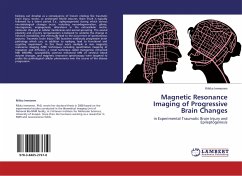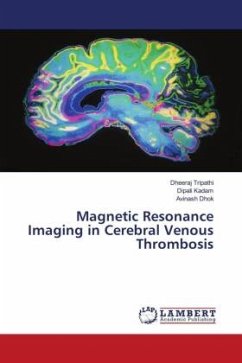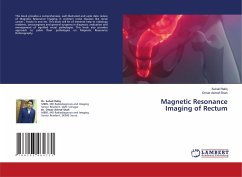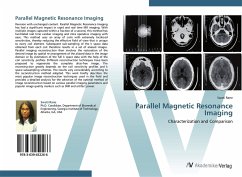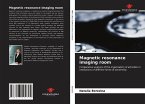Epilepsy can develop as a consequence of known etiology like traumatic brain injury, stroke, or prolonged febrile seizures. Brain insult is typically followed by a latent period (i.e., epileptogenesis) during which various neurobiological changes occur, including neurodegeneration, gliosis, neurogenesis, angiogenesis, alterations in the extracellular matrix, molecular changes in cellular membranes and axonal sprouting. The axonal plasticity and circuitry reorganization is believed to underlie the change in network excitability, and eventually lead to the occurrence of spontaneous seizures. Traumatic brain injury (TBI) launches insidiously progressive brain pathology which can, in addition to epilepsy, lead to functional and cognitive impairment. In this thesis work multiple in vivo magnetic resonance imaging (MRI) techniques including quantitative mapping of relaxation and diffusion, a novel technique called manganese enhanced MRI (MEMRI), susceptibility contrast enhanced MRI of cerebral blood volume changes, and magnetic resonance spectroscopy were targeted to probe the pathological cellular phenomena over the course of the disease progression.
Hinweis: Dieser Artikel kann nur an eine deutsche Lieferadresse ausgeliefert werden.
Hinweis: Dieser Artikel kann nur an eine deutsche Lieferadresse ausgeliefert werden.

